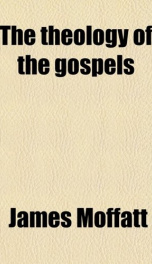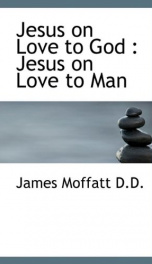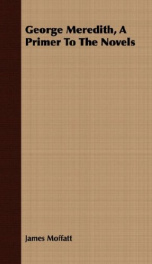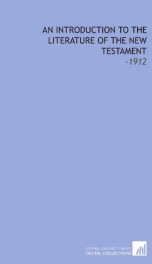the theology of the gospels

Purchase of this book includes free trial access to www.million-books.com where you can read more than a million books for free. This is an OCR edition with typos. Excerpt from book: historical critic. It is not a feature which is wholly absent even from the synoptic gospels, but the extent to which it prevails in the Fourth gospel constitutes a problem by itself. The plus of preaching, which enters into the synoptic record as a product of the early church's testimony, becomes in the Fourth gospel at several points a surplus of religious and theological reflection, which often obscures and sometimes resets the historical outlines of the ministry and teaching of Jesus as these can be unravelled in the sources of the first three gospels. But the theological continuity between the Fourth gospel and its predecessors is not so difficult to trace once the former is regarded as primarily an interpretation of faith in the historical manner. The theology of Mark, for example, is not a description of how a genial humanitarian Jesus went about doing good, unconscious of any specific divine functions. Mark's gospel is the story of Jesus as a supernatural figure, compelling homage from the invisible world of demons, and exercising the powers of divine forgiveness and authority on earth as Son of God and Son of man. Mark, as Wellhausen observes, is not writing de vita et moribus Jesu. He essays indeed to make His personality vivid, but that personality has a divine vocation which supplies the controlling interest of the story : Jesus is the Christ, the Son of God. In this respect the Christo- logy of Mark is not so distant from the essential features even of the Fourth gospel. It is possible to feel this affinity, apart from the special argument of J. Weiss (Das alteste Evangelium, pp. 97 f.), that Mark's use of the titles ' Son of man ' and ' Son of God' proves his acceptance of the Pauline idea ofJesus as a Man descended from heaven. Mark, like Paul and the author...
Info about the book
Author:
Series:
Unknown
ASIN:
B002WU0DE4
Rating:
4/5 (1)Your rating:
0/5
Languge:
English
Users who have this book
Users who want this book
What readers are saying
What do you think? Write your own comment on this book!
write a commentGenre
if you like the theology of the gospels try:
Do you want to read a book that interests you? It’s EASY!
Create an account and send a request for reading to other users on the Webpage of the book!








